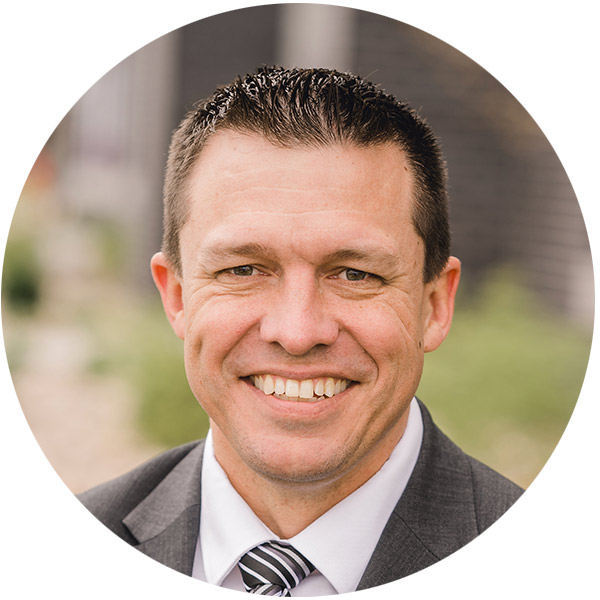Three thousand one hundred students were about to take their first step towards an individualized education that was right for them. Three thousand one hundred students were excited for the new school year, maybe for the first time since kindergarten. But Judge Tabit, with her decision involving West Virginia’s new education choice program, squashed their hope.
In 2021, West Virginia passed their Hope Scholarship. It was the most expansive education choice law in the country. It immediately made all students eligible for the program and made a wide range of educational opportunities available to the families of these students.
The plaintiffs in the case argued three basic points:
- The Hope Scholarship incentivizes students to leave the public school system, and therefore, it defunds public schools.
- The state of West Virginia does not have a compelling interest in funding education options outside of public schools.
- The Hope Scholarship does not allow the State Board of Education to oversee the program.
I’ll take these one at a time.
West Virginia’s Hope Scholarship will defund public schools. This argument is made across the nation against all kinds of education choice measures. And the question that I ask in response to this argument is why? Why would providing parents with options defund public schools? If parents are looking for the best option in education, wouldn’t they choose public schools if they are the best? But if public schools aren’t the best option, why should we continue to fund something that isn’t getting the job done? I have yet to receive adequate answers to these questions.
The state of West Virginia does not have a compelling interest in funding education outside of public schools. This is another common argument in the national school choice debate. But I have questions with this argument too. Are states obligated to fund public schools or to provide education for every child? There is a difference between those two choices. Providing education is in most state constitutions, including West Virginia’s, but public schools are only one way to educate. Students in West Virginia are performing worse than the national average. The legislature did something to improve education, and it was something vastly different from the norm.
The State Board of Education doesn’t oversee the program. The common argument, and the one made in the court documents here, seems to be that public schools are required to have certain standards and assessments implemented, and therefore, all schools this program funds should too. If the public school system was so amazing, there would not be the national push for education choice. To be clear, I am not familiar with all of West Virginia’s laws governing education, but my understanding of this program is that the legislature created a different board to make rules and had the right to do so.
School choice opponents use similar arguments across the nation, and yet, they are not able to answer these simple questions to their arguments. The people in West Virginia deserve a say in how their children are educated. The Hope Scholarship provides that choice to those wanting something different than the status quo.




